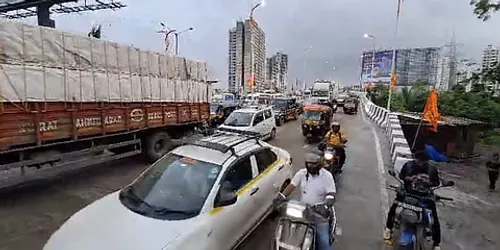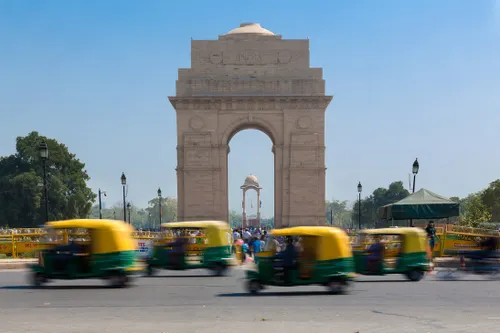
Security agencies in Jammu and Kashmir have begun repatriating residents of Pakistan and Pakistan-occupied Kashmir. File
| Photo Credit: IMRAN NISSAR
Security agencies in Jammu and Kashmir have begun repatriating residents of Pakistan and Pakistan-occupied Kashmir (PoK), following fresh directives from the Ministry of Home Affairs (MHA) in the aftermath of the recent terror attack in Pahalgam. The move has triggered widespread concern over the fate of more than 150 women who returned to the Valley under a government rehabilitation policy for former militants.
“Such acts alienate the innocent and strengthen the enemy’s narrative,” Sheikh Khursheed, MLA from Langate, called on the government to distinguish between those involved in security concerns and those who have lived peacefully. “The government must reconsider its decision.”
Also Read | M.P. begins process to identify and deport Pakistani nationals with revoked visas
In the Jammu division, at least 11 Pakistani nationals were repatriated through the Mendhar sub-division in Poonch. Local accounts described emotional scenes as families bid farewell to spouses and relatives. Among them was Minal Khan, a Pakistani woman who had recently married CRPF personnel Munir Khan, a resident of Jammu’s Gharota. The couple reportedly met online and solemnised a nikah virtually in March this year. Ms. Khan’s visa expired on March 22, after which she was asked to leave.
In Kashmir, resistance is mounting from women who arrived from PoK alongside their husbands under the 2010 rehabilitation policy introduced during the tenure of then Chief Minister Omar Abdullah. Official records suggest that nearly 350 women and children returned via the Nepal route under this initiative.
One such family is that of Muhammad Aslam, 53, from the Bandipora district. Aslam married Shazia Aslam in 1999 in PoK, after crossing the Line of Control during the 1990s. He returned in 2010 through the designated route and began a new life in Kashmir. “We have three children, the eldest is 24. My wife has no passport. If she is repatriated, our children will be left without a mother,” Mr. Aslam told The Hindu. Shazia’s parents passed away between 2016 and 2022, and she was reportedly denied a visa to visit them before their deaths. “She has nowhere to return to in PoK,” Mr. Aslam said, describing the situation as “inhumane” and an act of betrayal. “We came back under assurances given by the government.”
Official estimates indicate that around 90 men who returned also brought their families. Many of these women now face legal uncertainty, having lived in India for more than a decade without formal citizenship or travel documents.
The classification of PoK women as Pakistani nationals has also invited legal scrutiny. A 1971 J&K High Court ruling in the Mohsin Shah case had held that no repatriation could take place in such cases, noting that “one person had merely travelled from one part of India to another”.
Political leaders across the spectrum have criticised the repatriations. Peoples Democratic Party president Mehbooba Mufti called on the Centre to adopt a humanitarian approach. “Many affected are women who came to India 30–40 years ago, married Indian citizens, raised families, and have long been part of our society,” she said. “Repatriating them now would not only be inhumane but would inflict deep emotional and physical distress.”
CPI(M) leader M.Y. Tarigami echoed similar concerns. “These women have lived peacefully in Kashmir since their arrival, raising families and contributing to society. Repatriations would not only dismantle families but cause deep psychological trauma,” he said.
As repatriations continue, calls are growing for a review of the policy in light of humanitarian concerns, especially where no proven security threat exists. With questions being raised about the Constitutional and legal basis of the exercise, and in the absence of a uniform standard, the future of many such families remains in limbo. Many such listed persons have been already detained by the authorities in J&K.
Published – April 29, 2025 10:03 pm IST
Anurag Dhole is a seasoned journalist and content writer with a passion for delivering timely, accurate, and engaging stories. With over 8 years of experience in digital media, she covers a wide range of topics—from breaking news and politics to business insights and cultural trends. Jane's writing style blends clarity with depth, aiming to inform and inspire readers in a fast-paced media landscape. When she’s not chasing stories, she’s likely reading investigative features or exploring local cafés for her next writing spot.





